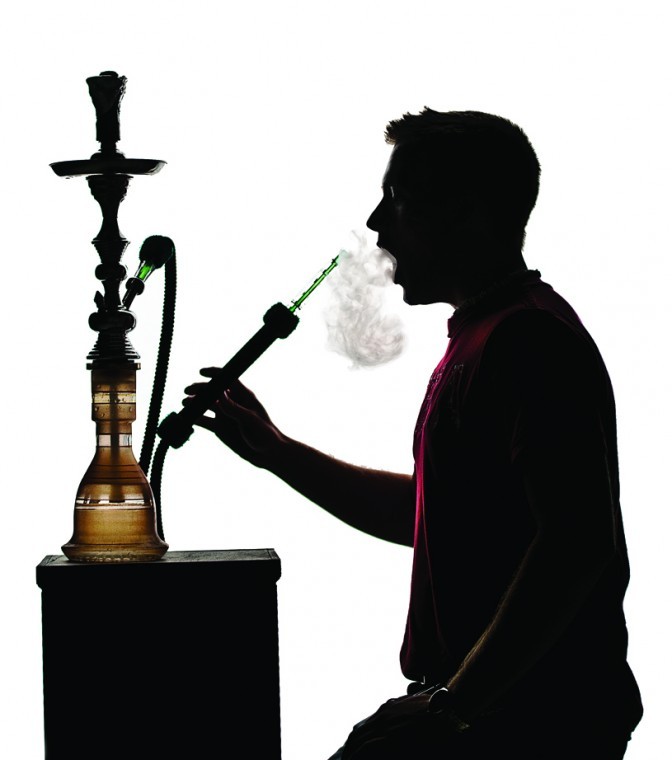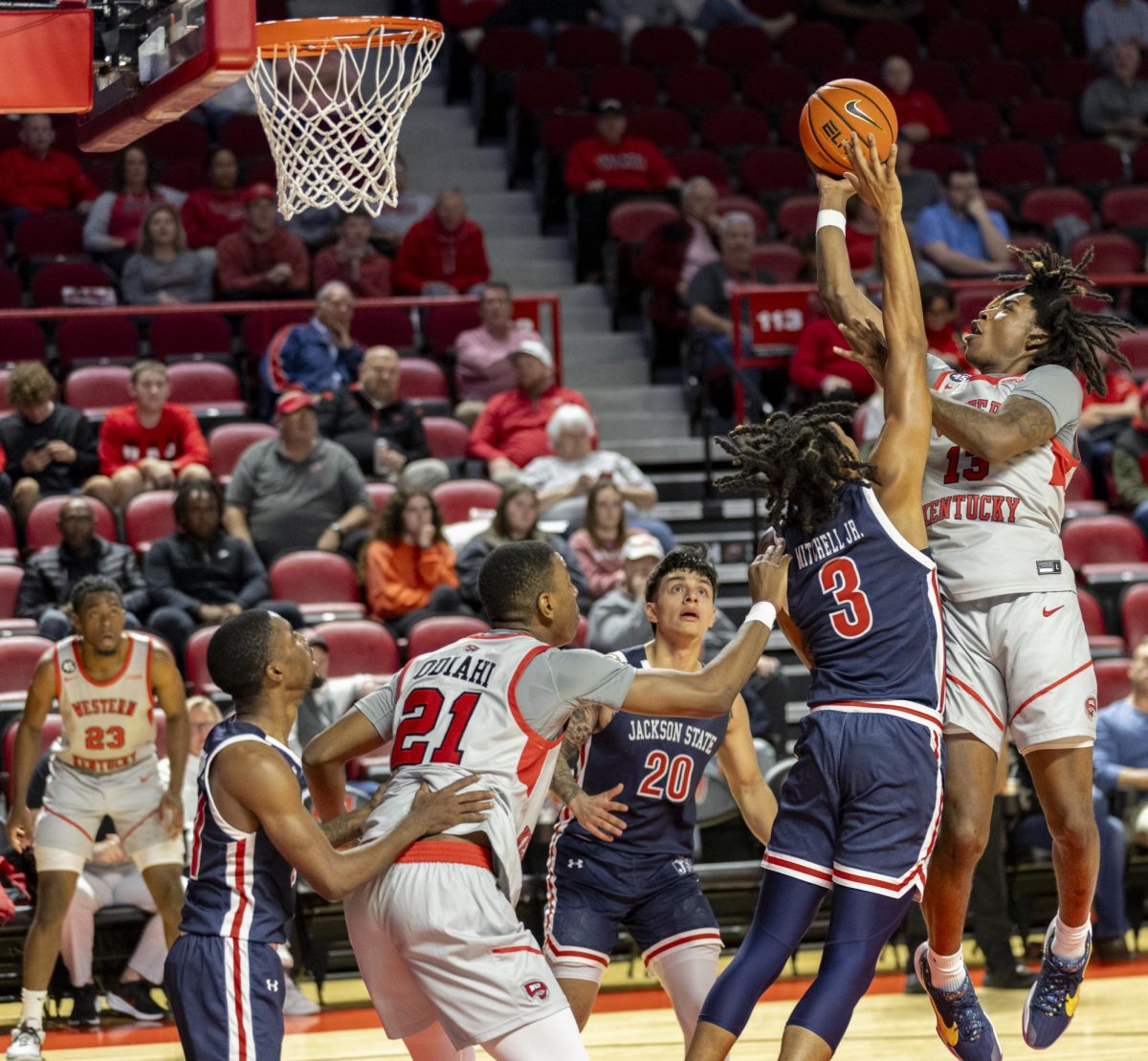Campus health educator weighs in on hookah’s health effects
September 21, 2010
If you hang around hookah lounges on almost any night of the week, you’re sure to find WKU students among the patrons taking puffs from a hose attached to a large, tobacco-holding water pipe called a hookah.
Many hookah enthusiasts say they think hookah smoke is healthier than cigarette smoke, but some health professionals argue that smoking hookah can be just as bad for the body as smoking cigarettes.
Tony “Panda” Chak, a manager at the Saharan Lounge hookah bar on 31-W Bypass, said he knows cigarette smoke is worse than hookah smoke.
“Hookah is also called Shisha, which is basically tobacco covered in molasses,” he said. “Compared to a cigarette it only has .06 percent nicotine. You would have to smoke hookah nonstop to get cancer.”
But WKU Health Educator Jataun Isenhower said the rumor that hookah is healthier than cigarette smoke is just that – a rumor.
“People are still at risk for cancers with hookah too,” she said. “People think it’s healthier because of the water pipe, but it may contain even more amounts of tar and heavy metals.”
Isenhower said those who regularly use hookah are still at risk for lung or mouth cancers and heart disease.
The town’s newest hookah lounge, Prince Hookah Cafe Lounge, added some competition for the Saharan Lounge when it opened this August on Old Morgantown Road. But store manager Omar Amira shares the same sentiments about hookah as his competitor.
“It’s not bad like a cigarette,” he said. “It’s like fruit. You just taste and smell the fruit. It’s like juice.”
While students have the option of two hookah lounges in town, some choose to smoke hookah right on campus.
Students can often be found sitting around a water pipe in multiple locations, including benches near Pearce-Ford Tower and the Valley.
Turners Station freshman Chase Copley enjoys hookah with his friends in front of PFT about three days a week, but realizes the health implications of smoking hookah.
“I don’t think it’s as bad as cigarettes but it isn’t good either,” he said. “I do it because it tastes good.”
Copley’s friend, John Scarpa, a sophomore from Flemington, N.J., agreed with Copley.
“The taste of a cigarette is more blatant, especially with unfiltered cigarettes,” Scarpa said. “Besides, hookah is more of a social thing, and that’s why I do it.”
According to an article in Medscape, an online medical journal, one session of water-pipe smoking can hold as much tar as a pack of cigarettes. Hookah also carries many of the same toxic ingredients, including nicotine, carbon monoxide and arsenic, among other carcinogens, or substances that are directly attributed to causing cancer.
According to the article, very little research has been done on how addictive hookah is, but what research exists suggests that hookah is not as addictive as cigarettes.
But the Medscape article also said that like cigarettes, hookah can be seen as a gateway drug for other nicotine products.
Copley said that if cigarettes tasted as good as hookah, he’d probably smoke them more. But for now he’s content to smoke in front of PFT and the Saharan Lounge with his friends.












